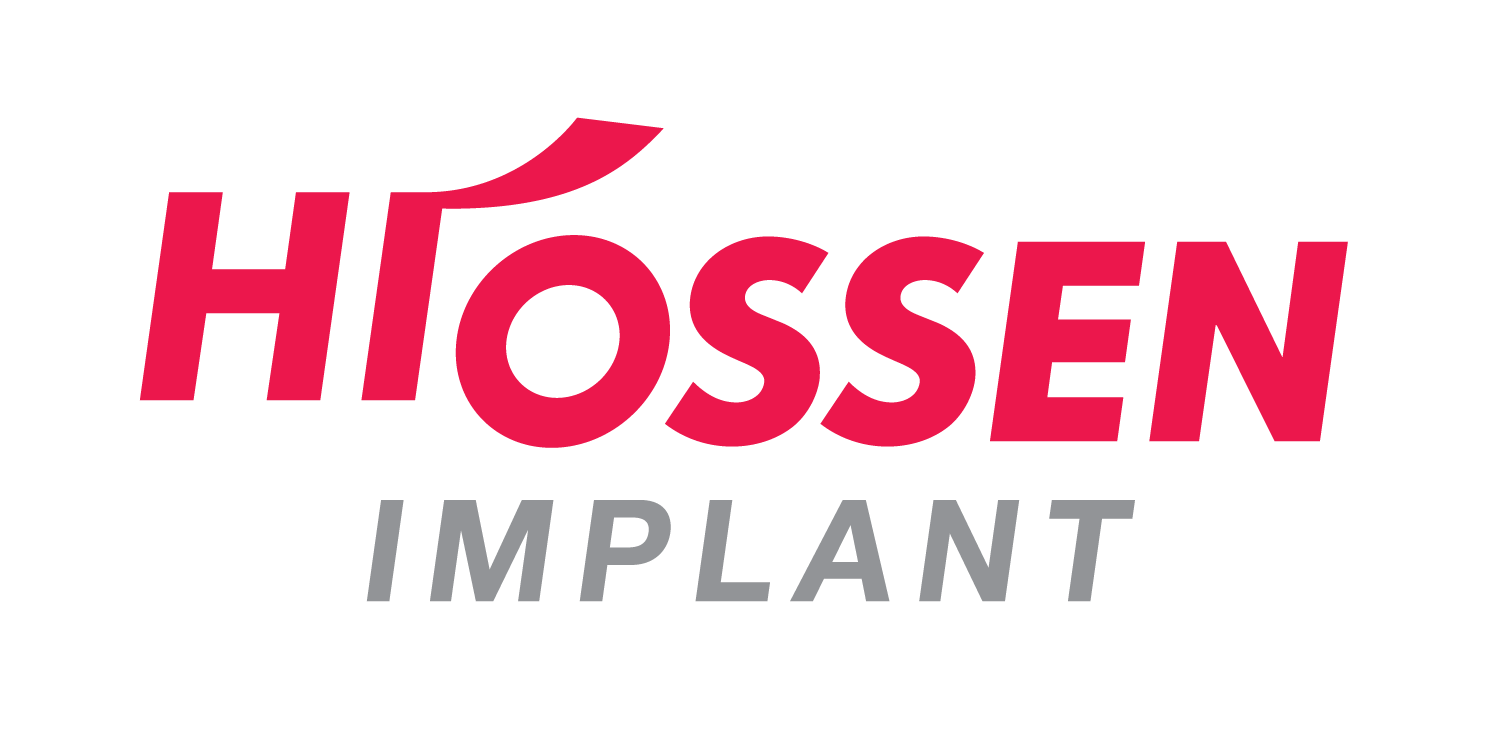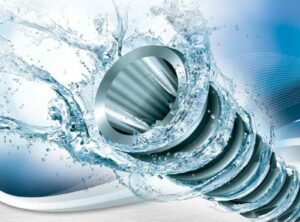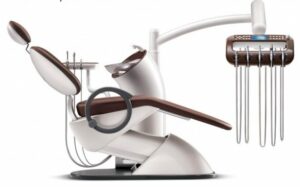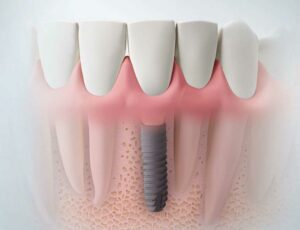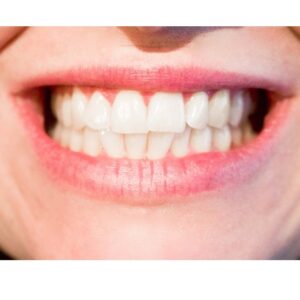Dental implants can be life-changing for those who are looking to replace missing teeth. They can provide greater levels of confidence and abilities like eating and smiling. But, just like your natural teeth, dental implants must be well taken care of if you want them to look their best and keep working for years to come.
Let’s take a closer look at dental hygiene requirements and what caring for implants looks like.
The Importance of Regular Cleaning
Do dental implants need to be cleaned professionally? The answer, generally, is yes. While there are steps to take at home, you’ll also need to stay on top of professional care. Always make sure you’re following a schedule when it comes to caring for your dental implants.
Many people feel like dental implants require less care because they can’t get cavities, but consistent care from dental professionals can be critical for the life of your implant. Your clinician can perform checkups to make sure everything’s working appropriately. It’s also helpful to get professional cleaning periodically to avoid erosion and stains. Plus, dental professionals perform the important role of identifying infection early. They can help you address any problems before symptoms worsen.
Cleaning implants can keep infection at bay, preventing plaque and tartar from growing on the crowns and damaging your gums. Eventually, bacteria buildup can lead to issues like peri-implantitis. Peri-implantitis is similar to periodontal disease and can lead to gum disease if left untreated. This condition comes with soreness, bleeding, general discomfort and bone loss.
Oral Hygiene With Dental Implants
When it comes to taking care of your implants at home, the process is pretty similar to taking care of your natural teeth. You have to brush dental implants as much as regular teeth. Brush them twice a day with a gentle toothbrush and nonabrasive toothpaste to avoid scratching the coating on the crowns.
Flossing is also important, but it may be a little more difficult with implants. You might need to use a floss threader or special crown and bridge floss designed for the task. Another popular option is to use a water flosser, also called an oral irrigator, which dislodges bacteria and debris between teeth and implants.
In addition to general oral hygiene, you’ll need to make sure you don’t do anything out of the scope of what your dental implant was built for. For instance, using your teeth to tear open packaging or bite your nails can be damaging to the implant. You should also avoid substances like tobacco that can damage or affect the appearance of dental implants by wearing away at their coating.
Reach Out to Learn More
The best way to keep your implants in good condition is to follow the instructions provided by your dentist or dental surgeon when you got the implants placed. If you have any more questions, reach out to them. These professionals know your implants and your medical history best and can provide specific solutions.
To learn more about the innovative products we produce at Hiossen Implant, feel free to contact our team.
